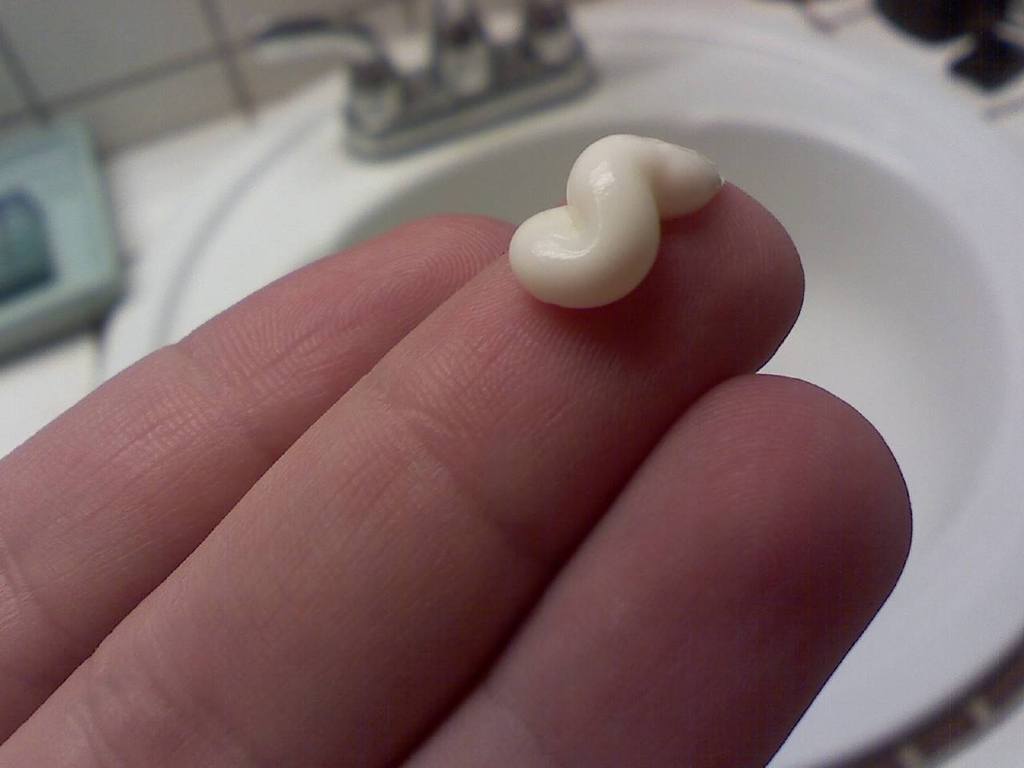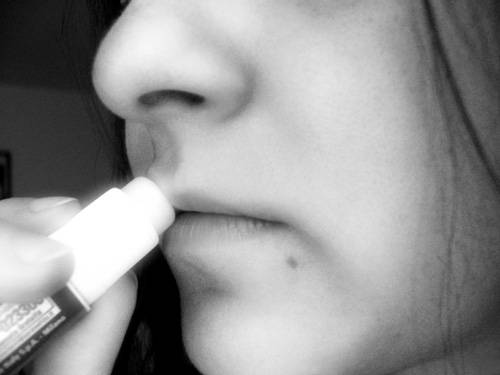1. Cover your skin, head to toe.
It’s your natural instinct to bundle up, but don’t just pile on the layers. Make sure your skin is completely covered. Wear gloves on your hands‒preferably waterproof, if you live in a snowy climate. Wrap a scarf around your neck and protect any of your chest that isn’t covered by your coat. A hat pulled low will keep your ears warm, as well as protect your hair from wind and cold.
2. Don’t wash your hair every day.
It seems counter-intuitive, but you need to stop washing your hair every day. Shampooing your hair actually strips it of natural oils that keep your scalp healthy and moisturized. If you wash your hair every day, or almost every day, stopping might make your scalp overproduce this oil, so it might feel greasy for a little bit. Soon enough, your scalp will realize that it’s not being stripped of the oil and adapt to being washed every few days.
3. Protect your hair when you do wash.
People think about keeping skin moist in cold weather, but rarely does anyone think about their hair. During the winter, your hair will get dry, which makes it brittle and susceptible to damage. For these few months, change to a shampoo that will provide more moisture than what you usually use, as long as it’s still healthy for your hair. Also look for a shampoo or hot oil treatment that will heal your hair, if it’s already been exposed to the cold and wind.
4. Change you skin care routine to provide more moisture.
The moisture from your skin evaporates quickly in the cold and wind of winter months, and your skin is producing less natural oil as well. Use a thicker, heavier moisturizer than you do in warmer seasons, as long as it is still good for your skin. Any change in your skin care regimen might cause you to break out initially until your skin gets used to it, so be aware that there’s an adjustment period before you give up on a certain product. Make sure you’re applying this new lotion as soon as you get out of the shower to lock in moisture, and wash it off with warm water every night to give your skin a chance to breathe.
5. Use sunscreen.
Sounds silly, doesn’t it? Who applies sunscreen before bundling up in a coat and mittens? You should! Though it may not be warming you up as it does in summer, don’t think the sun isn’t just as dangerous. In fact, the sun glaring off ice and snow might cause even more harm. Apply sunscreen half an hour before you go outside to give it a chance to dry and not stick to your clothes, and reapply frequently if you’ll be in the sun for long.
6. Use hand lotion.
You use your hands for every task, all day, but it’s still so easy to forget that they need the most care. Often, you might not notice your hands need help until they’re chapped and cracked. Use a heavy moisturizing cream in the morning and evening, and apply lotion every time you wash your hands if you feel that soap and water dries them out too much. If you don’t want to get smears on your electronic screens or computer keyboards, make sure you find non-greasy lotion.
7. Prevent chapped lips.
You don’t realize how much you lick your lips until they start getting chapped! Use a moisturizing lip balm throughout the day to prevent this and keep your lips soft. Use it as part of your full body moisturizing routine, but also carry a tube with you to reapply as often as you need. If you’re going out in extreme cold, you can put a layer of Vaseline on top of your lip balm to keep the cold off of your lips even more.
8. Stay warm, not hot.
When you’re cold, you want to be hot‒it’s only natural! Who knew it was bad for you? Going from cold to hot will actually make your skin drier more quickly. If you stay warm, you’ll have a more even temperature, and it’ll be better for your skin. Using a humidifier instead of a space heater will also help infuse moisture into the air. Remember this rule for bathing as well, and use warm water for showers instead of hot. The hot water will cause skin irritation and strip moisture from your hair.
9. Avoid wet clothes.
Wear as many waterproof items of clothing as you can, including gloves, boots, and your coat. Once your clothes get wet, change out of them into something warm and dry. Staying in wet clothes will irritate your skin, and can cause itchiness and sores.
10. Stay hydrated.
You might want to sip hot coffee or cocoa, but it’s important to stay hydrated during colder weather. Avoid alcohol consumption, which dehydrates the body. Make sure you’re drinking your suggested eight glasses of water a day, which will not only help your body stay hydrated, but also your skin. Hydrated skin will be healthier, and combined with this moisturizing routine, your skin will look so great, you won’t even know it’s cold outside!

